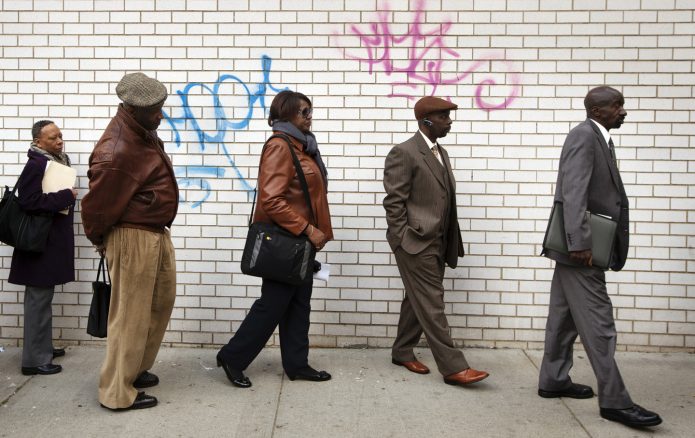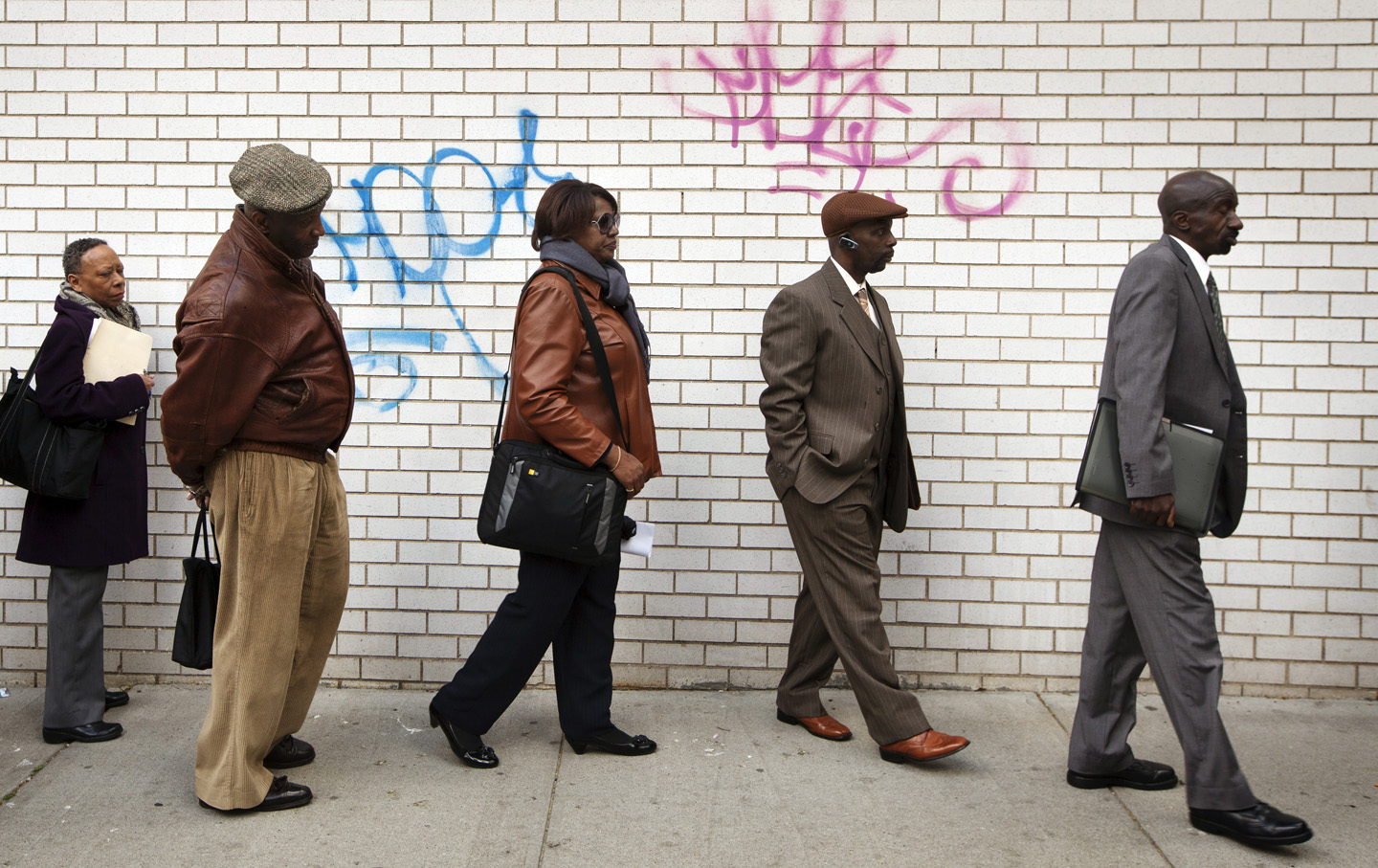
What would U.S. society be like if a majority of families had no wealth – no savings, no home equity, no investments of any kind?
That is exactly where the country is headed if we continue on our current path toward economic dystopia for black and Latino families.
While we celebrate a modest reduction in poverty rates and an encouraging uptick in median income, as disclosed in this week’s Census report, the stagnation and decline of wealth remains a troubling indicator.
Between 1983 and 2013, median black household wealth decreased by 75% to $1,700 and Latino household wealth fell 50% to $2,000. At the same time, median white household wealth rose 14% to $116,800.
If this trend continues, an African American born in 2013 will see her household wealth hit zero by the time she turns 40. Her Latino peers will suffer the same fate 20 years later.
This is happening as households of color make up a growing share of the population and are projected to reach majority status by 2043. If the accelerating racial wealth divide isn’t halted, a majority of U.S. households will no longer have enough wealth to stake a claim in the middle class. The consequences for the economy and society as a whole will be devastating as racial and political polarization deepens and intensifies.
A combination of bold societal and policy changes is the only way out of this crisis.
We have a choice to make. Do we want to become a country like Brazil where staggering wealth inequality is the norm? Or do we want to be more like Canada, where there is far less inequality and greater opportunities for all?
…
